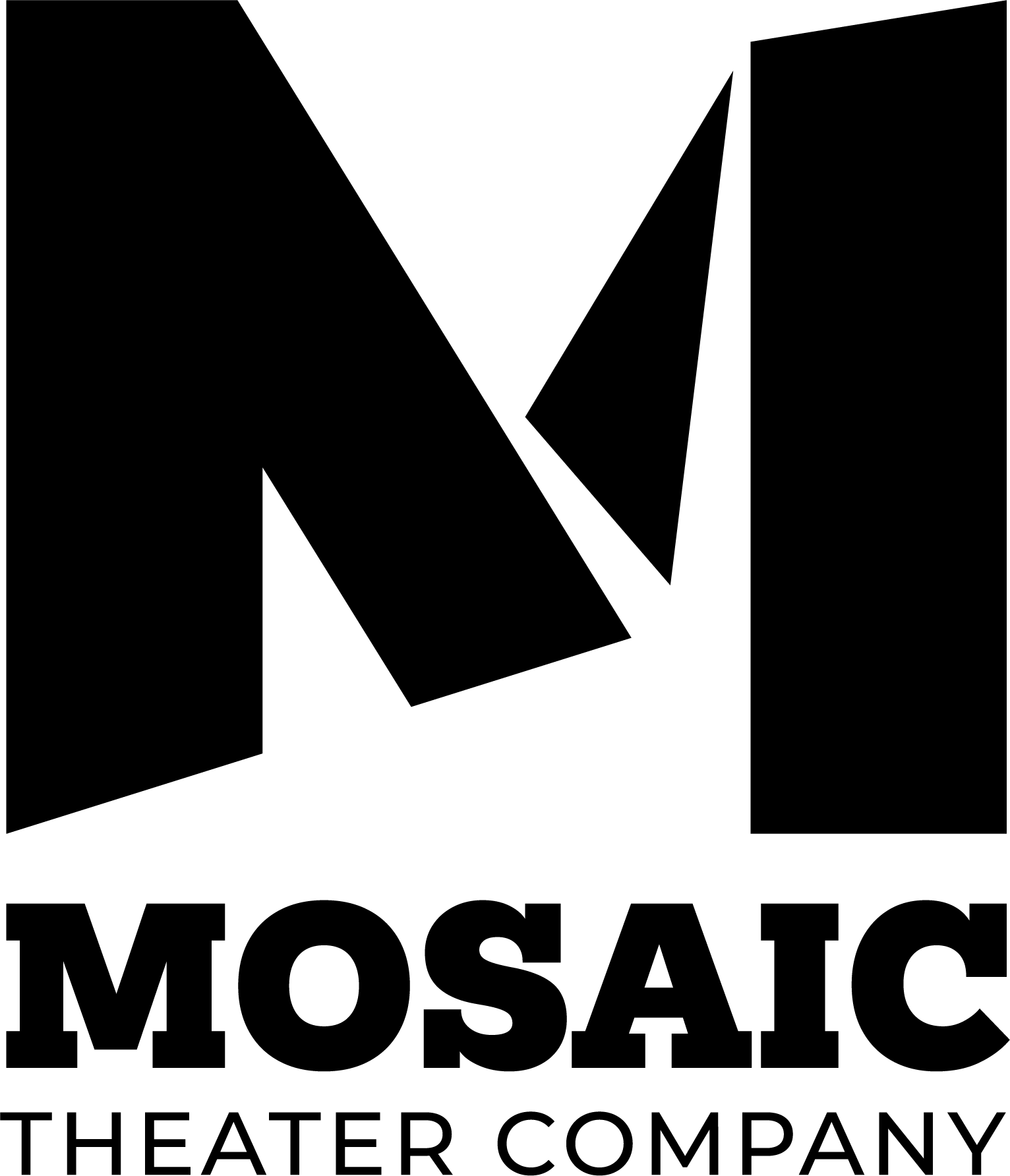What if borders were places that, rather than divide us, show us we are twice as mighty? We are bound not by a line drawn in the sand, but by a shared humanity. Our December Peace Cafe will explore the local and international community builders, social justice warriors, and artistic healers who are making peace at points of conflict—including you!
Join us for an open zoom discussion that will feature art by international Seeds of Peace makers, a panel discussion of renowned scholars, an open time for discussion, and a short poetry workshop to create your own artistic reflection.
PANELISTS
Molly Josephs
Molly Josephs is a project-based educator who, with an inspiring team of teenagers, founded and runs the youth dialogue and podcasting program This Teenage Life, found on Apple Podcasts and Spotify. It features episodes about topics that are particularly resonant with teens, preteens, parents, and educators.
Molly has spent the past decade teaching middle and high school biology and computer science, and designing project-based curricula. Since studying biology at Brown University, and school leadership at Harvard’s Graduate School of Education, she has worked in independent, public district, and public charter schools including High Tech High, The Dalton School, Codman Academy, and The Healey School. She also spent three years on a team working to start a new kind of in-district, project-based high school called Powderhouse Studios. Molly has been a part of the Seeds of Peace community over the past eight years as an American Delegation Leader and a GATHER Fellow.
Meenakshi Chhabra
Meenakshi Chhabra serves as an Associate Dean in the Graduate School of Arts and Social Sciences at Lesley University in Massachusetts's. She has been a scholar-practitioner in the field of Peace and Conflict Studies for more than two decades and has been recognized as Fulbright scholar and Fulbright Specialist in the field. In addition to her teaching and research, Meenakshi is passionate about working in and with communities and in collaborative partnerships. She has been associated with the Seeds of Peace since 2001. She is a trainer with the Eastern Mennonite University's, STAR Program (Strategies for Trauma Awareness and Resilience) and is on the national team of the Center for Restorative Justice at the University of San Diego.
Naissa Isaro
Naissa Isaro is the co-founder of CivilTEA Discourse, a network of dialogue programs being implemented across public high schools on the East Coast of the US. In these dialogue programs, participants engage in extended dialogue on politically or socially charged topics in order to build respect and empathy for differing opinions, beliefs, and experiences
Naissa has been part of seeds since 2015. She started off as a camper, than a PS (paradigm shifter), an intern for the the educators summer program to finally a 2019 Gather fellow.
The idea for the program came in 2016, shortly after Naissa’s second summer at the Seeds of Peace Camp and her sister Pricillia’s first. It was a time when America was beginning to experience a type of divisiveness they hadn’t witnessed since arriving in the U.S., and it hit extremely close to home for Naissa. Her mother had always made sure that her children paid attention to what was going on around them—from gentrification changing the composition of neighborhoods in Portland, to politics happening in both their home and their adoptive country.
It took hard work, but the events eventually it became part of the curriculum at their school, with regular dialogues on whatever the students wanted to talk about—racism, identity, beauty norms, immigration, religion, sexual orientation. Before long, other schools began to take notice, and CivilTEA blossomed from there.
They currently have four schools that are fully signed onto the program, which includes schoolwide dialogues (including faculty) every other month and panels on relevant topics. They are also working with a number of schools and universities on providing facilitation training. The goal of the program, Naissa said, is not to reach consensus or implement a certain agenda, but to create a platform where underrepresented voices could be heard and participants build empathy by listening to perspectives different from their own.
Read more about wish for CivilTea to be a part of curriculums nationwide https://www.seedsofpeace.org/follow-the-fellows-in-the-business-of-spreading-empathy/
Daniel Noah Moses
Daniel Noah Moses is the Director, Educator Programs at Seeds of Peace. His work explores the types of education people need in order to be active citizens, to create a better, more peaceful future–one based on respect, on cross-cultural understanding, on dialogue, on creative peaceful responses to the challenges that we face today.
Daniel has taught American Studies at Al Quds University in Abu Dis as well as Social Studies at Harvard University. He has been a CEP (Civic Education Project) Fellow and AFP (Academic Fellowship Program) Fellow in History, Anthropology, Political Science and American Studies at Yerevan State University and at Brusov State University in Yerevan, Armenia. In the late 1990s, he lived in a little cabin on Garnet Hill in the Adirondack mountains in upstate New York, worked on his doctoral dissertation, did some editing, and washed dishes at a local hotel restaurant. He spent the 2010-2011 academic year as a Jerusalem Fellow at the Mandel Leadership Institute.
Daniel has a Ph.D. in American History from the University of Rochester and a B.A. from the University of Wisconsin-Madison. He published his first book, The Promise of Progress: The Life and Work of Lewis Henry Morgan, in 2009. Although the topic of a pioneering anthropologist might seem removed from his work with Seeds of Peace, there is actually a very close connection.
Seeds of Peace is a leadership development organization committed to transforming legacies of conflict into courage to lead change, they transform conflict by developing leaders and accelerating their impact in their communities. "As an organization, we affirm our opposition to dynamics, institutions, and structures that are obstacles to peace, including Racism, Sexism, Classism, Political Violence, Colonialism, Military Occupation, anti-Semitism, and Islamophobia. We support our alumni as they work to end these obstacles."





